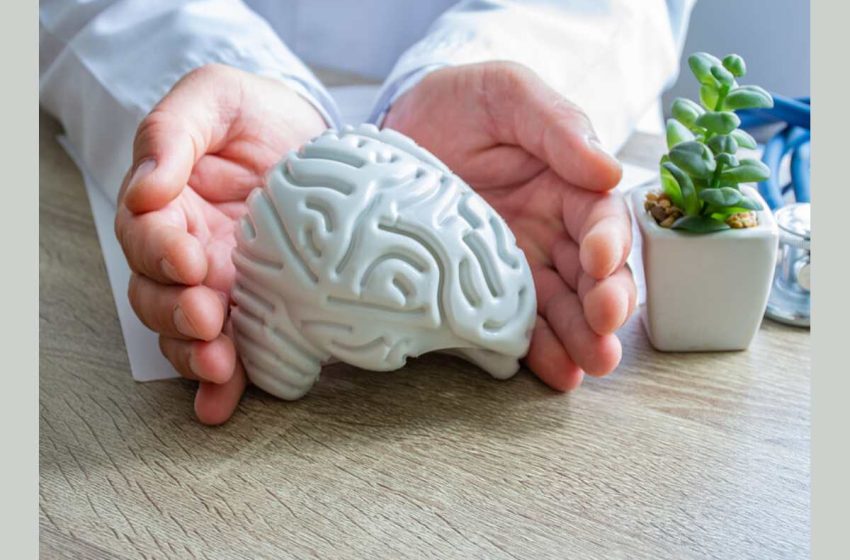
How Drug Use Affects Your Brain: What Damage It Causes and How to Repair It
Drug addiction is a serious problem that affects millions of people around the world. Not only does it cause physical damage to the body, but it also affects the brain in significant ways. In this article, we will explore how drugs affect the brain, the damage they cause, and what can be done to undo that damage.
Table of Contents
How Drugs Affect the Brain
Drugs work by altering the way the brain functions. They do this by altering the levels of certain chemicals in the brain called neurotransmitters. These chemicals are responsible for communication between nerve cells in the brain, and when drugs are introduced, they disrupt this communication, leading to changes in mood, behaviour, and other cognitive functions.
The Damage Done
Drugs can cause damage to the brain in several ways. For example, drugs like cocaine and methamphetamine can increase the levels of dopamine in the brain, leading to feelings of euphoria. However, over time, this can lead to a decrease in the number of dopamine receptors in the brain, making it more difficult for the brain to produce the chemical naturally. You can use different recovery centres for detoxing like rehab Bedfordshire. This can lead to depression and a decreased ability to feel pleasure.
Drugs can also damage the structure of the brain. For example, chronic marijuana use has been shown to reduce the volume of the hippocampus, a region of the brain that is important for memory and learning. This can lead to problems with memory and cognitive function. Drugs can also damage the blood vessels in the brain, leading to stroke and other problems. In addition, drug abuse can lead to malnutrition, which can further damage the brain.
How to Undo the Damage
The good news is that the brain is capable of repairing itself, and the damage caused by drugs can be reversed. The key to undoing the damage is to stop using drugs and to give the brain time to heal.
Healthy diet
One way to help the brain repair itself is to eat a healthy diet. A diet that is rich in fruits and vegetables, as well as omega-3 fatty acids, can help to support the brain’s ability to heal. In addition, getting regular exercise can also help to promote brain health.
Engaging in activities
Another way to help the brain repair itself is to engage in activities that promote brain function, such as reading, playing games, or engaging in other mentally stimulating activities. These activities can help to increase the number of connections between nerve cells in the brain, which can help to compensate for the damage caused by drugs.
Therapy and medications
Therapy and medication can also play a role in undoing the damage caused by drugs. For example, therapy can help to address underlying mental health issues that may have contributed to drug addiction. Medications, such as antidepressants or anti-anxiety medications, can also help to alleviate symptoms and promote brain function.
Conclusion
Drug addiction is a serious problem that can cause significant damage to the brain. However, the brain is capable of healing itself, and with the right approach, the damage caused by drugs can be undone. To help the brain repair itself, it’s important to stop using drugs and to engage in activities that promote brain health. With the right support, it’s possible to overcome drug addiction and regain a healthy, productive life.



